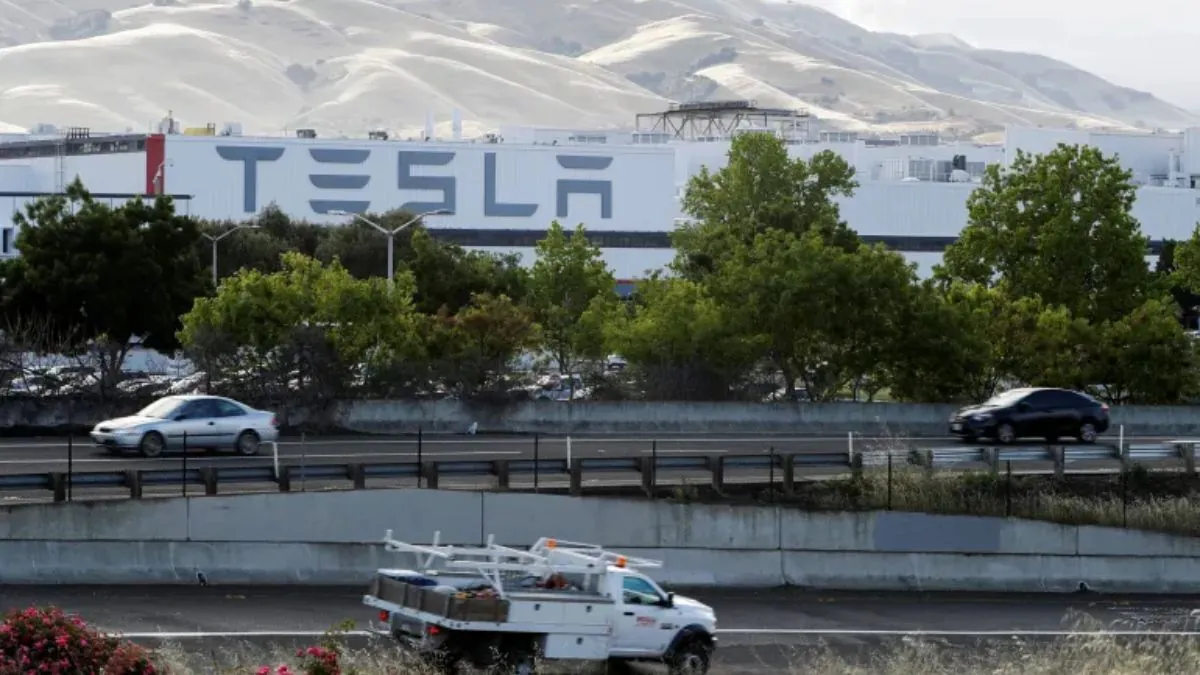A federal judge in California has rejected Tesla’s attempt to dismiss a lawsuit that accuses the company of creating a hostile work environment for its Black employees. The lawsuit alleges that Black employees were subjected to racial slurs and even the placement of nooses in their workspace. Despite Tesla’s efforts to dismiss the litigation, the judge ruled against the company.
U.S. District Judge Jaqueline Scott Corley, who was appointed by President Joe Biden, made a ruling on March 29. In her 18-page decision, she pointed out that Tesla was aware of racial misconduct but did not take any action to investigate the complaints made by Black employees or implement new policies at its Fremont, California, factory to address the alleged harassment.
In September 2023, the U.S. Equal Employment Opportunity Commission filed a complaint against the company owned by billionaire Elon Musk. The complaint alleged that degrading language used in high-traffic areas of its Fremont plant created a hostile work environment.
Last year, the parties alleged that both non-Black managers and non-Black non-managerial employees and temporary workers directly addressed Black employees individually and collectively using racial slurs.
The employees faced various forms of harassment, which involved incidents like swastika graffiti and the placement of nooses in the workspace. Additionally, those who spoke up against their supervisors also experienced retaliation. This retaliation took the form of schedule changes, the assignment of arbitrary duties, or even termination of employment after an employee filed a complaint regarding racist treatment.
Tesla attempted to dismiss the claim, arguing that the commission did not provide enough factual evidence. However, the judge’s ruling stated that the carmaker’s argument was not convincing.
Tesla disputes the insufficient details provided by the Commission, claiming that they failed to include any factual information that would enable Tesla to comprehend the alleged problematic practices and the specific group of employees affected, apart from potentially all Black employees at the Fremont facility since 2015. However, this claim is refuted.
According to Corley, the EEOC does not have an obligation to furnish Tesla with specific details regarding the alleged problematic practices or define the class of affected employees. The primary role of the commission, as stated by Corley, is to resolve claims without having to allocate a specific timeframe or resources for such purposes. Additionally, the commission has already provided Tesla with an opportunity to address these concerns.
Tesla believed that the discussions were not meaningful or in good faith. However, it is important to note that the U.S. Supreme Court has already rejected the idea of requiring “good faith” in pre-litigation conciliation, according to precedent.
To file a hostile work claim, individuals must demonstrate that they experienced discrimination based on their protected group status and that the behavior was sufficiently severe to significantly impact their working conditions.
According to Corley, the use of the racial slur “N word” against Black individuals not only meets the criteria but exceeds it. As evidence, Corley referenced a 2004 hostile workplace case in which the court concluded that the use of an unambiguously racial epithet, such as the N-word, by a supervisor in front of subordinates can rapidly change the employment environment and establish an abusive working atmosphere.
According to the plaintiffs, Tesla was accused of having a pervasive culture of discrimination.
“The Commission’s factual allegations provide enough evidence to suggest that the reported racial harassment at Tesla’s Fremont Factory was severe enough to contaminate the workplace environment and create an abusive atmosphere for Black employees,” Corley explained.
Tesla’s attorneys and the EEOC have yet to respond to a request for comment as of Monday.
According to the judge’s order, there will be an initial case management conference scheduled for May 9, which will be conducted via Zoom.

